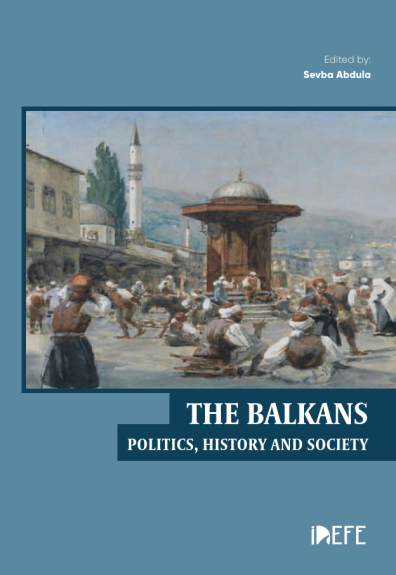Editorial Publishings
Sexual Violence During War: Foča Case
Authors
-
Lavinia MarcuOvidius University of Constanta
Synopsis
The 1992 and 1994 conflicts in Bosnia-Herzegovina respectively Rwanda have changed the way sexual violence in war is perceived internationally. The Interna-tional Criminal Tribunals established for the former Yugoslavia and Rwanda held trials unprecedented in international law that classified acts such as rape, torture or sexual slavery as crimes against humanity, crimes of genocide or war crimes. One of these revolutionary trials was dedicated exclusively to the crimes commit-ted in Foča, where, with the goal of ethnic cleansing, perhaps the worst acts of sexual violence on the territory of Bosnia took place, the name of the city remain-ing, in the collective memory, closely linked to the term rape camps. The Foča case was part of the effort to create a “Greater Serbia” through the ethnic cleansing of strategic areas. It represented another piece of the “puzzle”, the same manner of operation being recognised simultaneously in several areas of Bosnia. Muslim men were forced out from their homes, then imprisoned in detention centers or killed while women and girls became rape victims, some as young as 12 years old. They were held in detention centers and raped, then moved to other houses or apartments to be abused repeatedly. Sexual violence had the purpose of instituting terror and it was designed to systematically destroy the Muslim community and paralyse government authorities, institutions and social structures.
Downloads
Publication Information
-
Publication TypeChapter
-
Volume
-
Pages129-144
-
Series
-
Series PositionResearch 9
Abdula, S. (Ed.). (n.d.). Sexual Violence During War: Foča Case. In The Balkans Politics, History and Society: Vol. Research 9 (pp. 129-144). Idefe Publications. https://doi.org/10.51331/EB06.09LM
